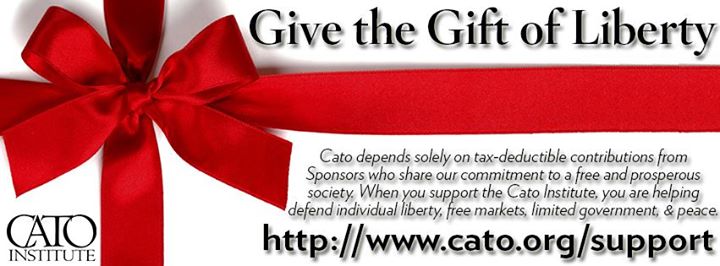When police begin to behave as an armed force unaccountable to civilian authority, it presents something of a moment of truth for many conservatives and Republicans who must decide which comes first for them, being pro-police or pro-rule-of-law.
Turning its back on elected and appointed civilian authority, New York’s paid constabulary has unilaterally reduced its writing of traffic tickets and minor summonses by 94 percent [New York Post] The job action hits New York City government in the pocketbook by stopping the lucrative flow of tickets, a tactic that has also been observed in other cities’ police labor disputes [Glenn Reynolds] It comes at a time when the Patrolmen’s Benevolent Association is angling for higher pay from the city [NYDN on an earlier stage in the tensions], and, even more remarkably, when unions have been pushing a bill that would further insulate cops accused of wrongdoing from city disciplinary authority [E.J. McMahon, New York Post] “It amounts to a public act of extortion by the police,” contends the New York Times in an editorial [via Scott Greenfield, who also comments].
Does the ticketing strike endanger the city public? The answer could be embarrassing for the police unions either way: either it does, in which case the police have put public safety at risk as a bargaining chip, or it does not, which would tend to support Reynolds’ comment that much of “‘law enforcement’ is really just a system designed to squeeze money out of the citizenry.” [Conor Friedersdorf, who argues that conservatives in particular should spot what’s wrong with “an armed, organized army rebelling against civilian control”]
In the past Republicans have tended to give police unions a pass for political reasons, but that may be changing [Lucy Morrow Caldwell, National Review; David Brooks, New York Times; Eleanor Clift, Daily Beast; Coyote] James Taranto at the WSJ recalls how some Wisconsin police refused to enforce the law against occupiers intent on taking down Gov. Scott Walker. Amity Shlaes, whose books include a biography of Calvin Coolidge, recalls Coolidge’s role as governor of Massachusetts in breaking the Boston police strike, which made him a national hero.
Earlier on unions’ role in impeding oversight of excessive-force claims. In 1992, protesting NYPD officers “blocked Brooklyn Bridge, tramped on cars, and assaulted reporters” [New York Times via @nickconfessore] while in 2011 some of their ranks attacked cameramen trying to cover ticket-fixing arraignments. Also from Memory Lane: the time Mayor Bloomberg, in one of his most irresponsible moments, urged police to strike to force policy changes.
A different view: Talking Points Memo hears from a self-described progressive cop in suburban New York. [edited shortly after posting to add new introduction] More: NPR (blue flu, “depolicing”, “rulebook protest”).


